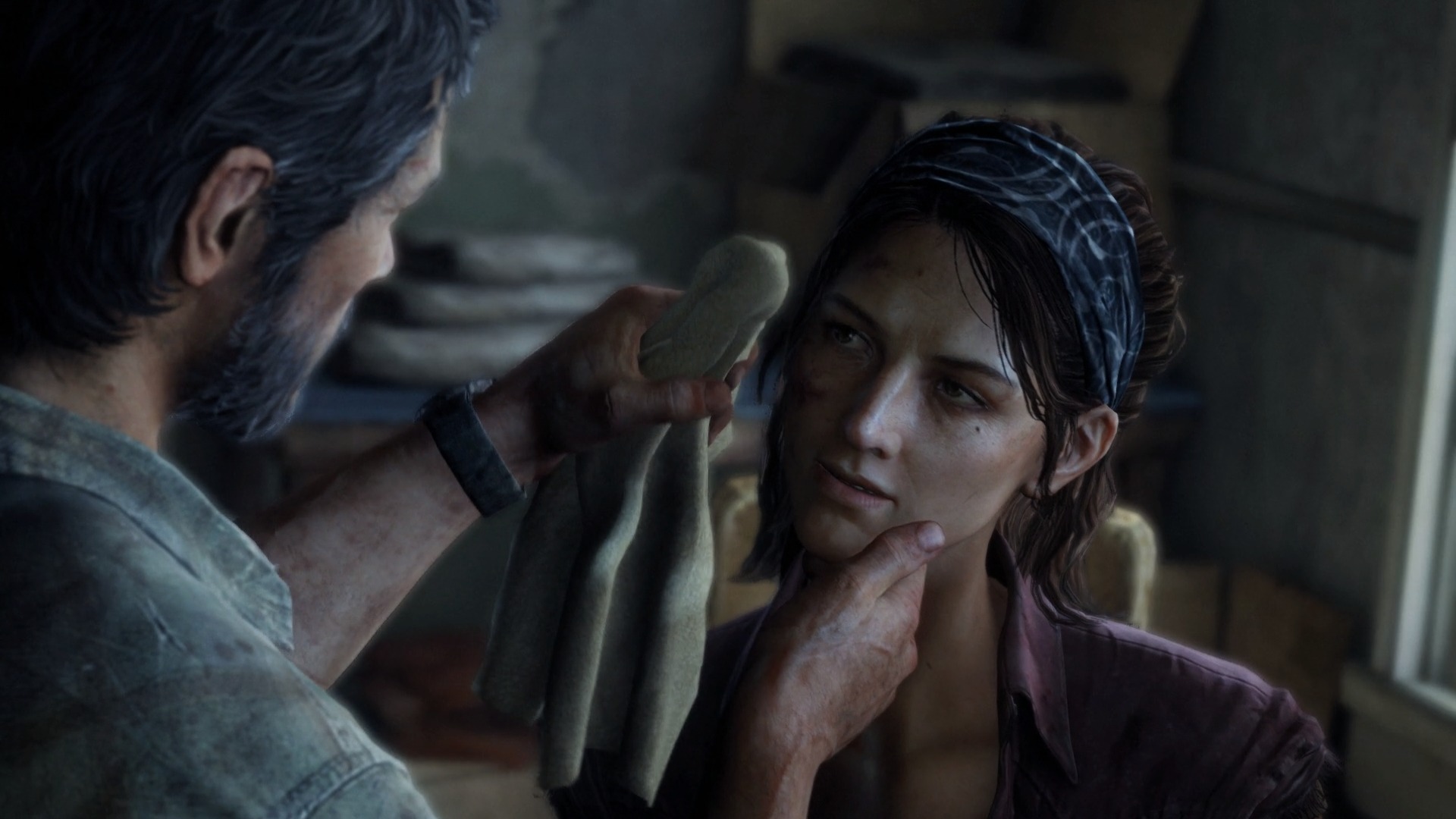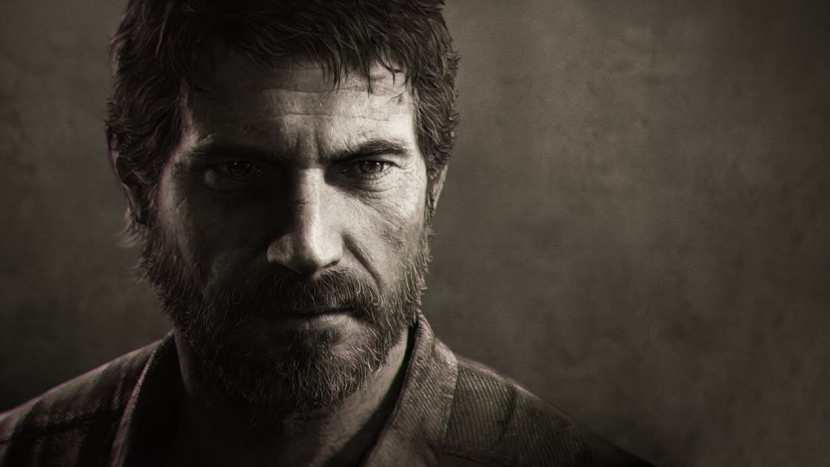In PlayStation Lifestyle’s favorite character column, we’ll celebrate, you guessed it, our favorite game characters. Personally, The Last of Us’ Joel came to mind immediately, though not because I favor him over others. Rather, I hoped to examine what about him resonated most with me. Years after its release, talk of TLoU still dissolves into dissecting Joel as hero, villain, or anti-hero. Many deem him one of the latter two archetypes; no hero would damn humanity to selfishly protect a loved one. But Joel isn’t heroic, nor does he try to be. We can’t hold him to the standards of Superman. Joel’s an average joe who, before the apocalypse, appeared struck by financial woes. As such, faced with a similar conundrum under similar circumstances, how many of us would save Ellie? I believe I would.
When questioned about Joel’s perceived villainy on an episode of Podcast Beyond, TLoU Creative Director Neil Druckmann said he agreed with Joel’s choice. Would Druckmann doom the world to save his kid? Absolutely. Even as someone who doesn’t have children, I found myself able to resonate with this sentiment. A child can be interchangeable with the individual you love most, a sibling, parent, etc. But the question, in the context of TLoU at least, doesn’t consider damning mankind as it presently exists. Instead, the events within the game’s narrative inform Joel’s decision. Consider that world’s depravity, man’s inflated inhumanity to man, cruelty and lawlessness, all wrapped in an apocalypse. Are we to believe this pitiful state of being is worth more than the life of an innocent young woman? How does one measure right and wrong in this instance, and who does the measuring?
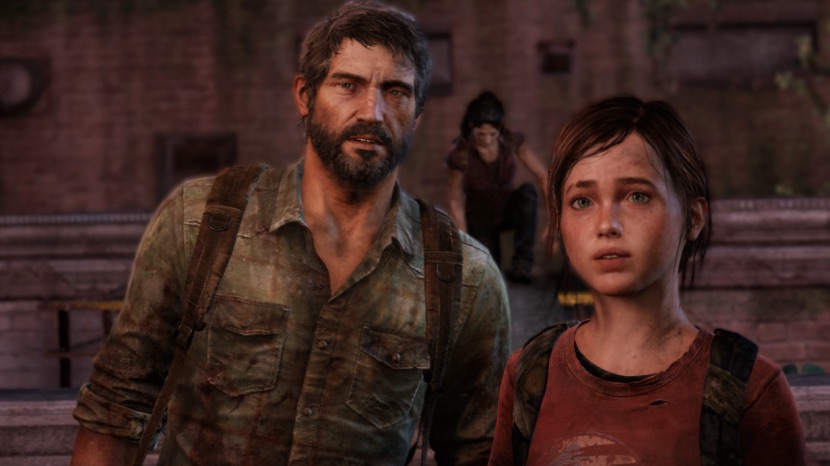
In a just society, no one should have to choose who lives or dies. The nuances are too numerous; plus, fundamentally speaking, it’s morally inept. However, The Last of Us exists in a time absent morality’s governing human behavior. Should Joel be judged amoral, then, villainous? Is he as depraved as the men and women he fights to ensure Ellie’s survival? It’s a matter of perspective. From my perspective, the answer’s no. Joel preserving Ellie’s future over that of humanity’s does not equal amorality. If anything, it accentuates his humanity. He lost his only child, Sarah, to an insensitive act, carelessness, behavior he witnesses tenfold and with much more intensity for 20 years after civilization’s fall. As far as he’s concerned, TLoU’s version of mankind is undeserving of yet another sacrifice.
It took me a while to reach this particular conclusion. I, too, once thought Joel morally corrupt. But, hypothetically, if damning the world means saving the person that still gives one reason to live in it, sorry world. I struggle with this thought, especially since I’m so morally driven myself. In truth, many of my own morals are derived from those which govern modern-day Batman. The Bat, of course, is unlikely to sacrifice humanity to save one of his sons. Perhaps, then, my sense of morality continues to evolve. Perhaps, I owe much of said evolution to The Last of Us; and thus, I owe Joel a thank you.
The Last of Us PS4 Remastered
-
The Last of Us PS4
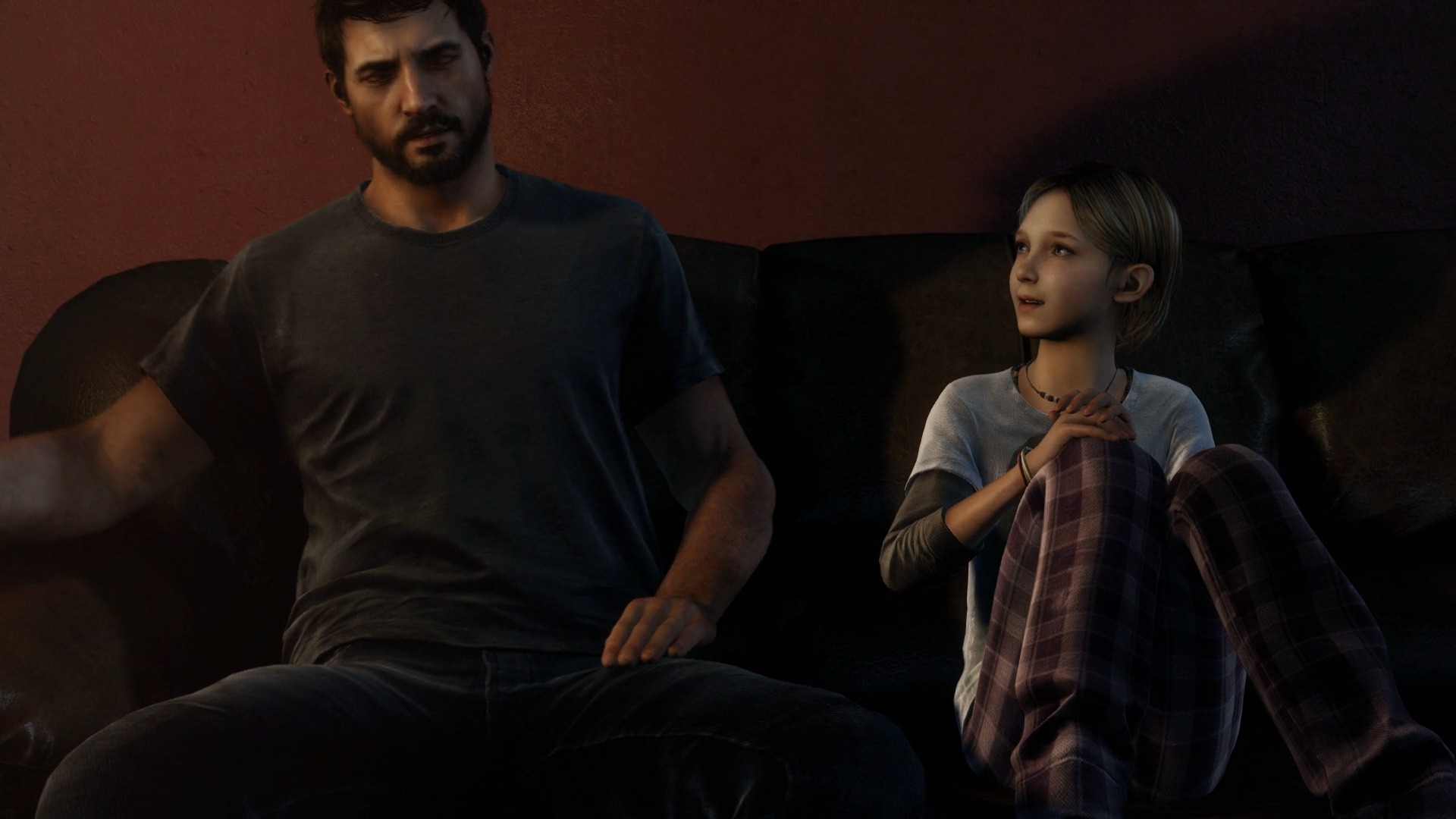
-
The Last of Us PS4
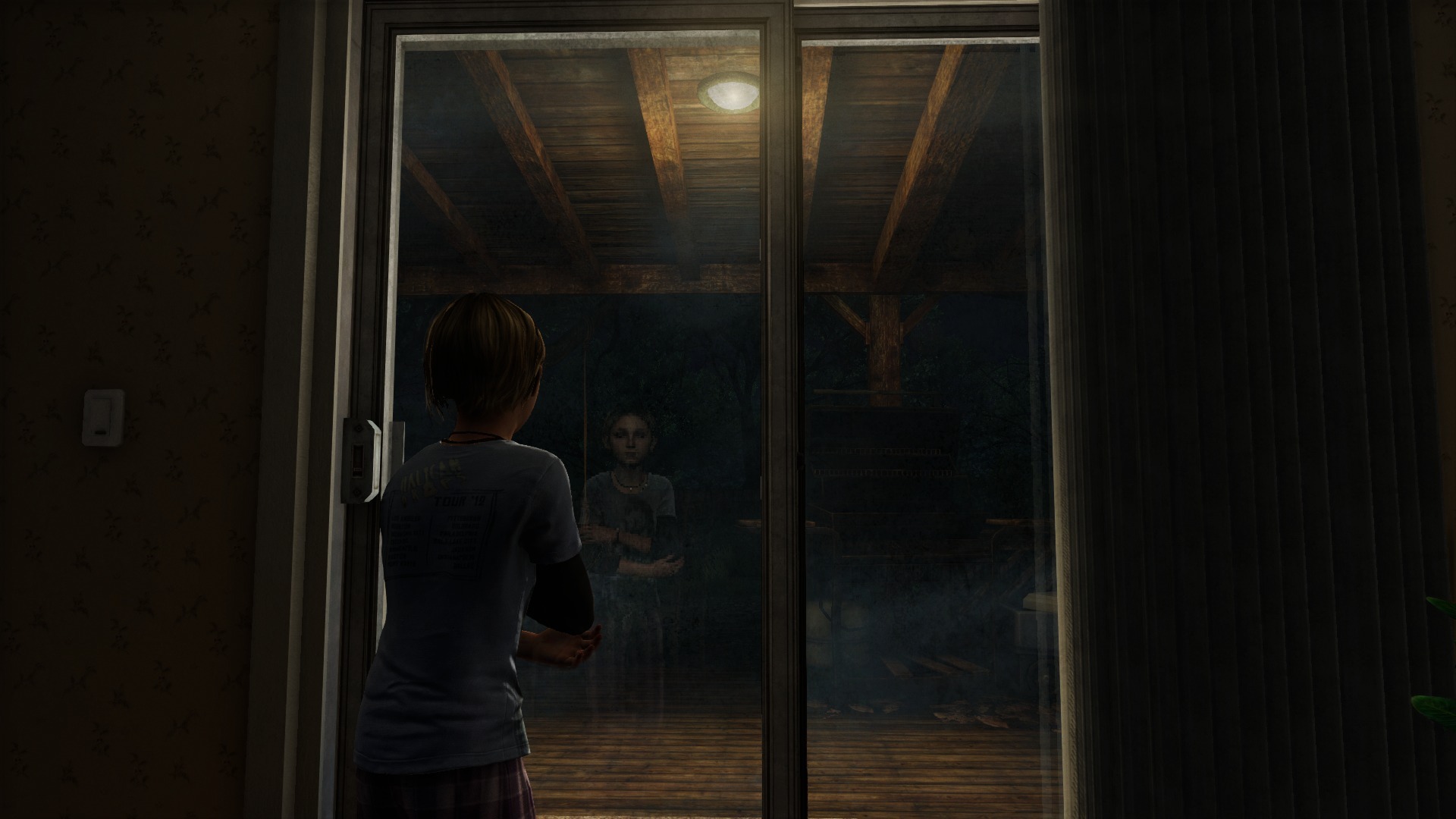
-
The Last of Us PS4
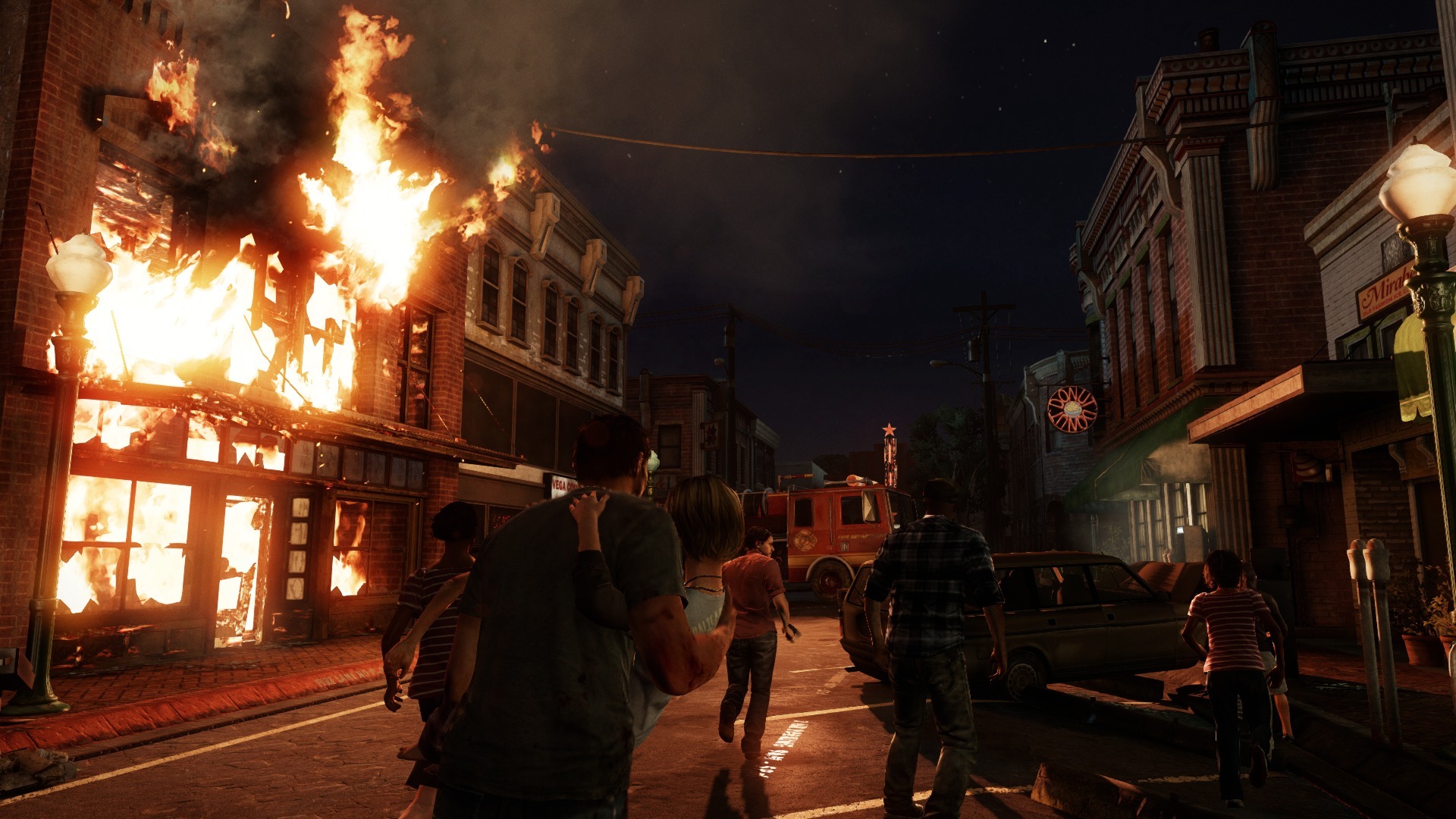
-
The Last of Us PS4
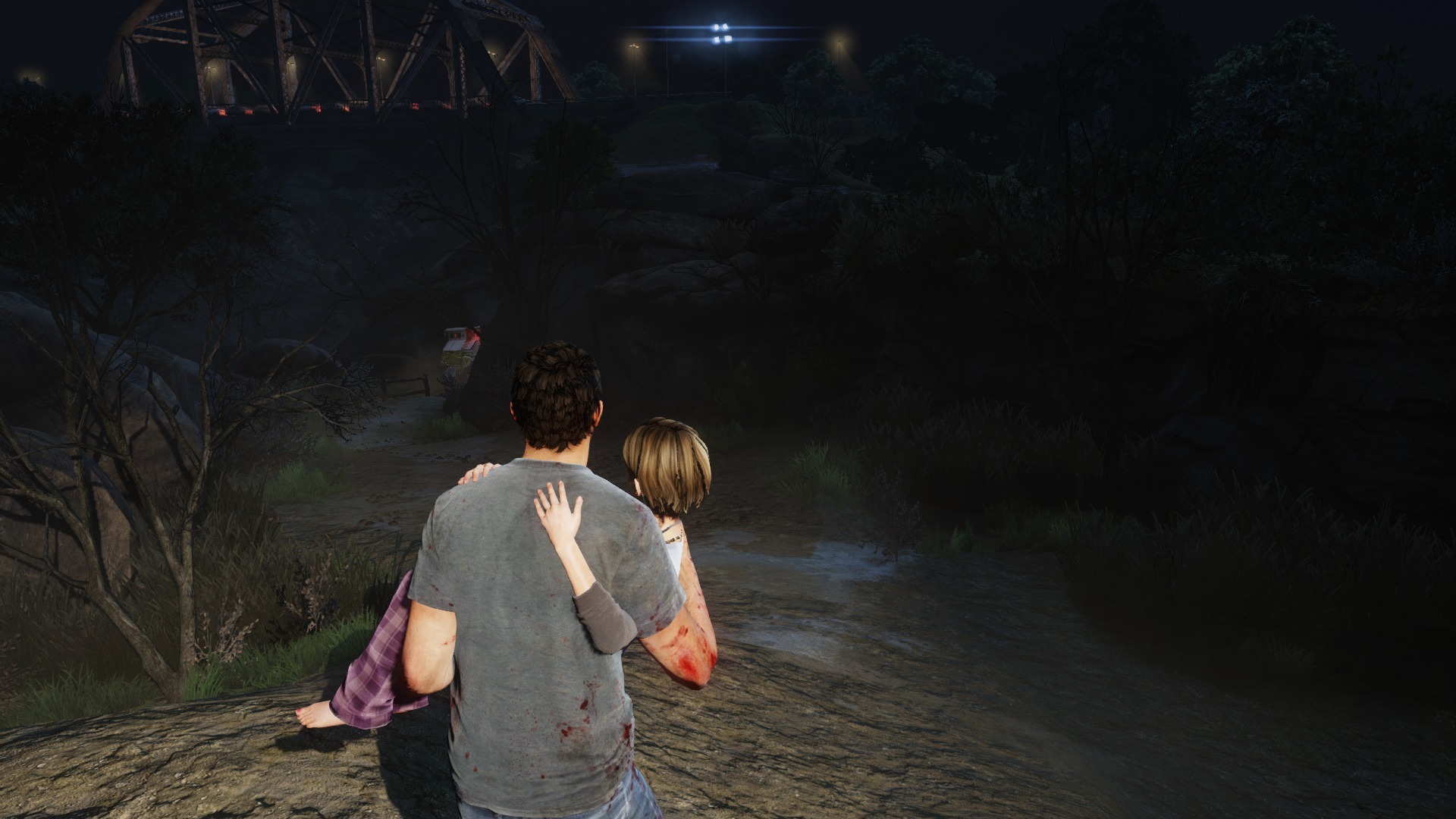
-
The Last of Us PS4
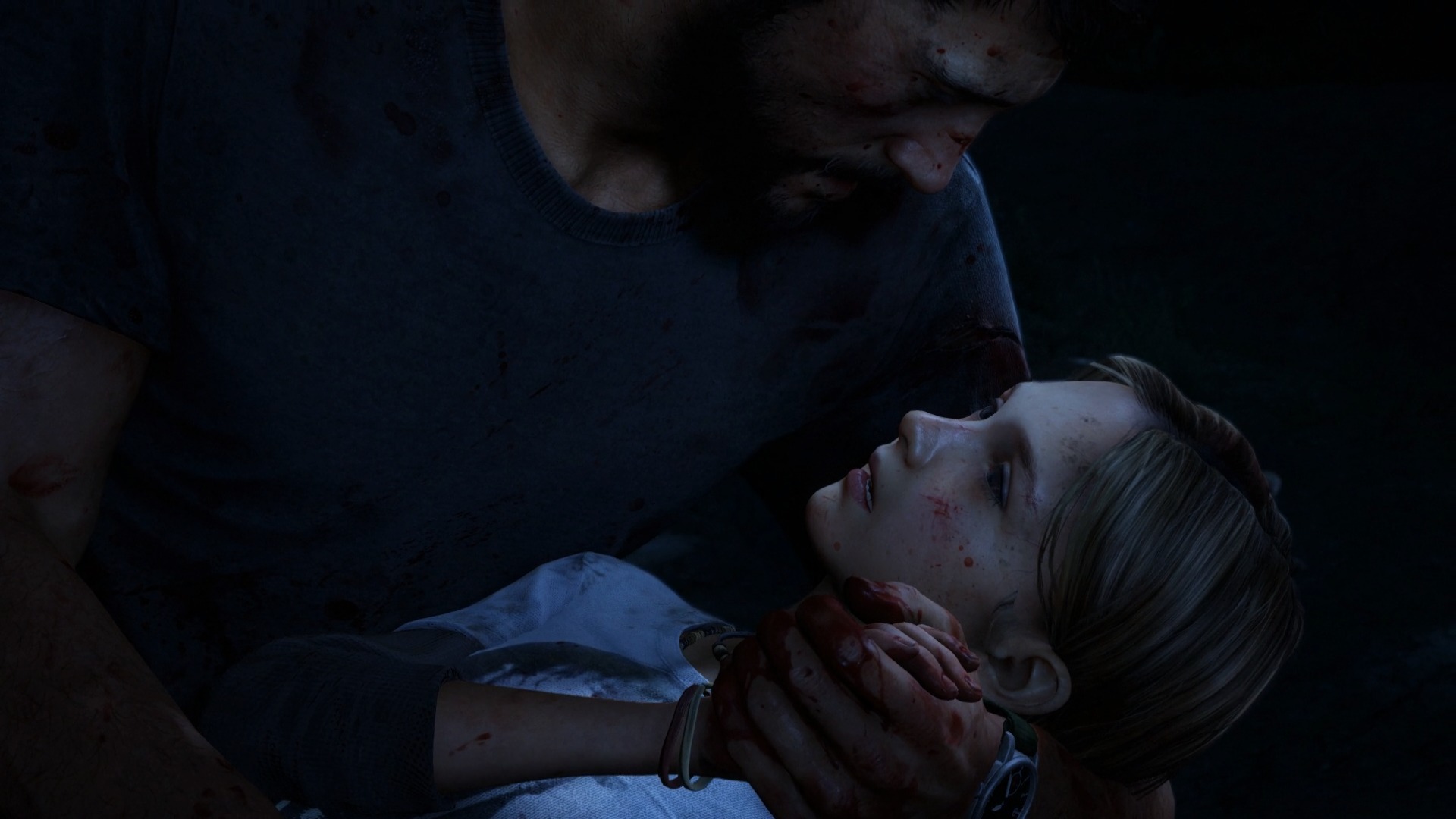
-
The Last of Us PS4
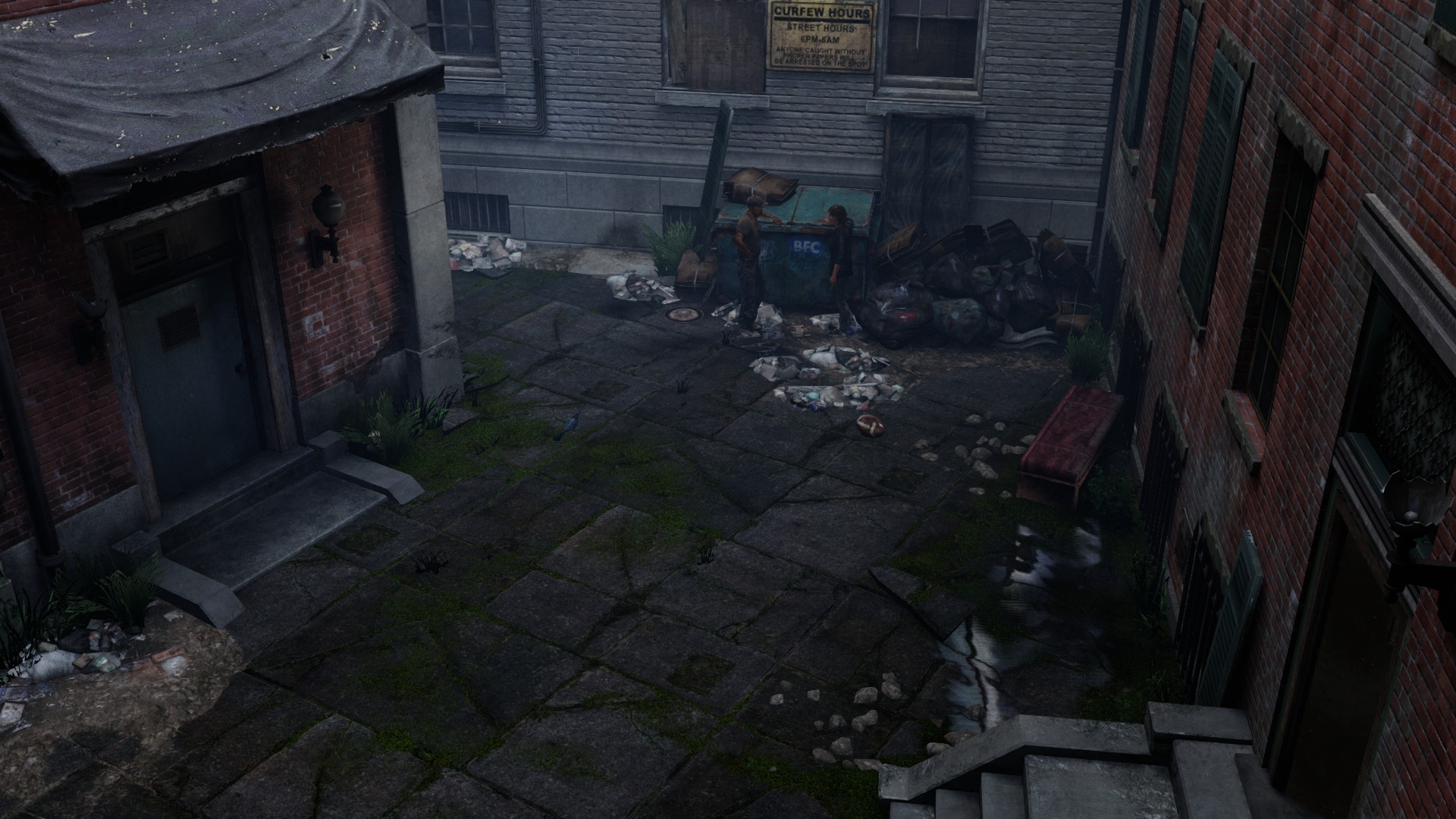
-
The Last of Us PS4
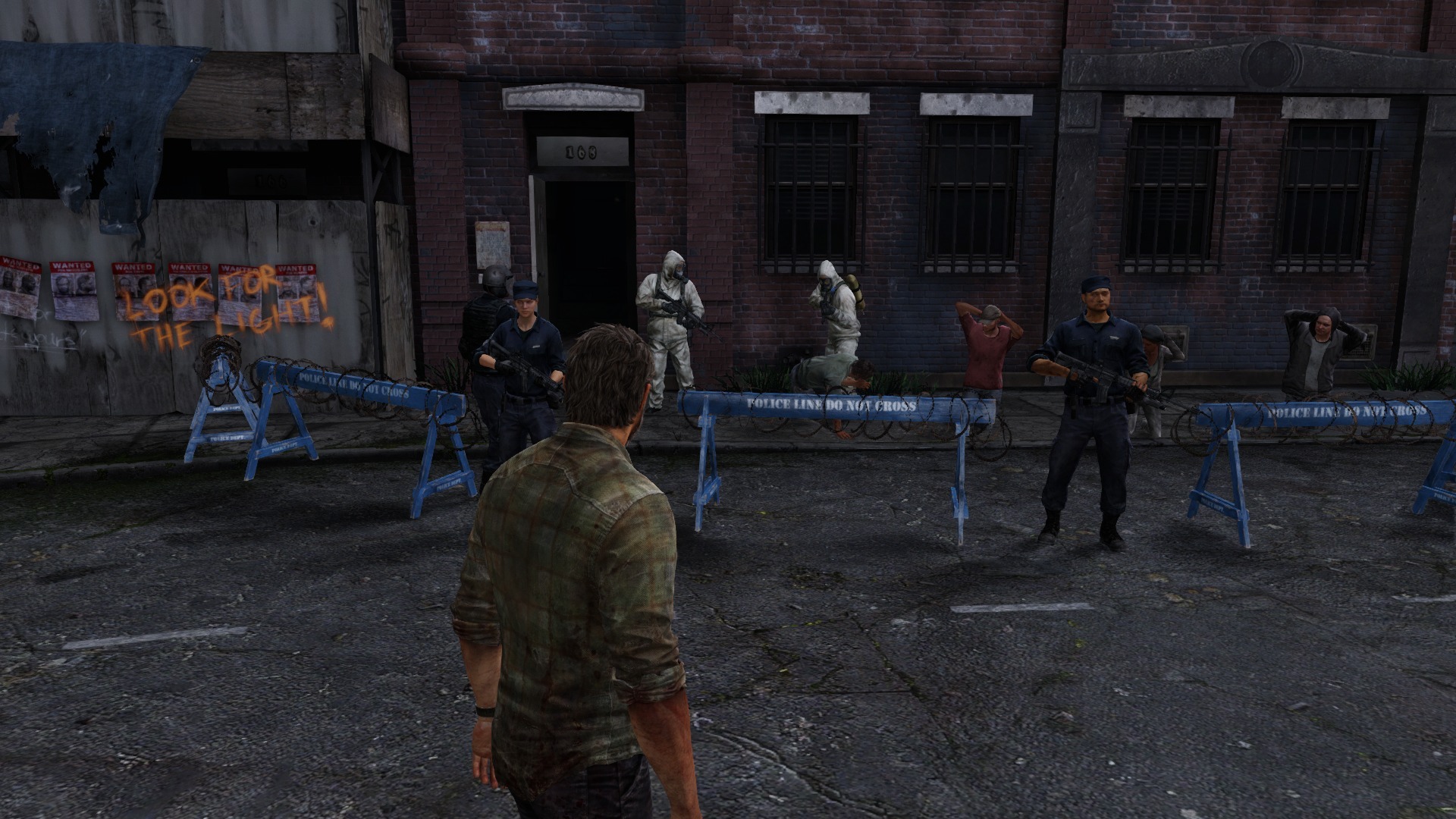
-
The Last of Us PS4
